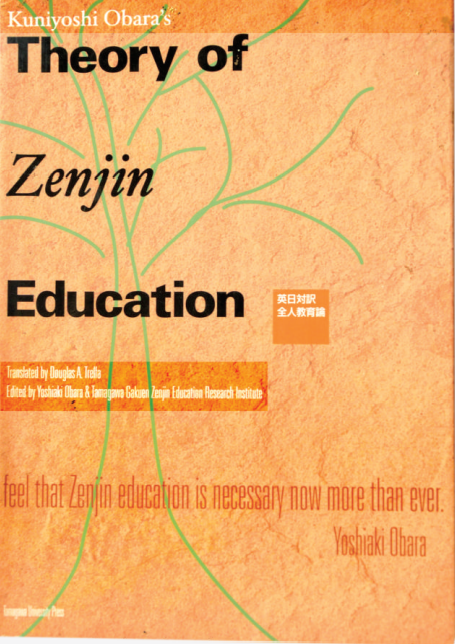We are deeply influenced by the educational philosophy propounded by the renowned Japanese educational reformer Kuniyoshi Obara* (1887-1977). He called his theory ‘Zenjin Education.’ The Japanese word ‘Zenjin’ means ‘whole man’ or ‘whole person.’ Thus his theory is often called ‘whole man education’ or ‘whole person education.’ We are absolutely convinced that the remedy of most of the ills that plague our educational system today lies in ‘Zenjin’ education. Obara propounded this educational theory since he strongly believed that the biggest shortcoming of the Japanese educational system was a huge deficiency in cultivating cultural and ethical values in students. Zenjin education incorporates the core values of one’s culture harmoniously into the personality.
We find a strikingly similar situation in the Indian context. We, as parents, are obsessed with our child’s attainments in academics. We also put a lot of emphasis on preparation for entrance examinations. Our children find it convenient to indulge in rote memorization and cramming. All this terribly hinders the child’s growth towards becoming a responsible, natural, genuine human being. The sad result is a lop-sided, unilateral and paralytic development. Zenjin education enables the free and full development of a well-balanced human personality. Kuniyoshi Obara believed that there are six areas of human culture: academics, morality, art, religion, the body and livelihood. He called them ‘cultural values.’ He was of the view that the ideal of academics is truth; the ideal of morality is goodness; the ideal of art is beauty; the ideal of religion is holiness; the ideal of the body is health; and the ideal of livelihood is wealth. He strongly believed that the ideal of education is the harmonious development of all these six values.



